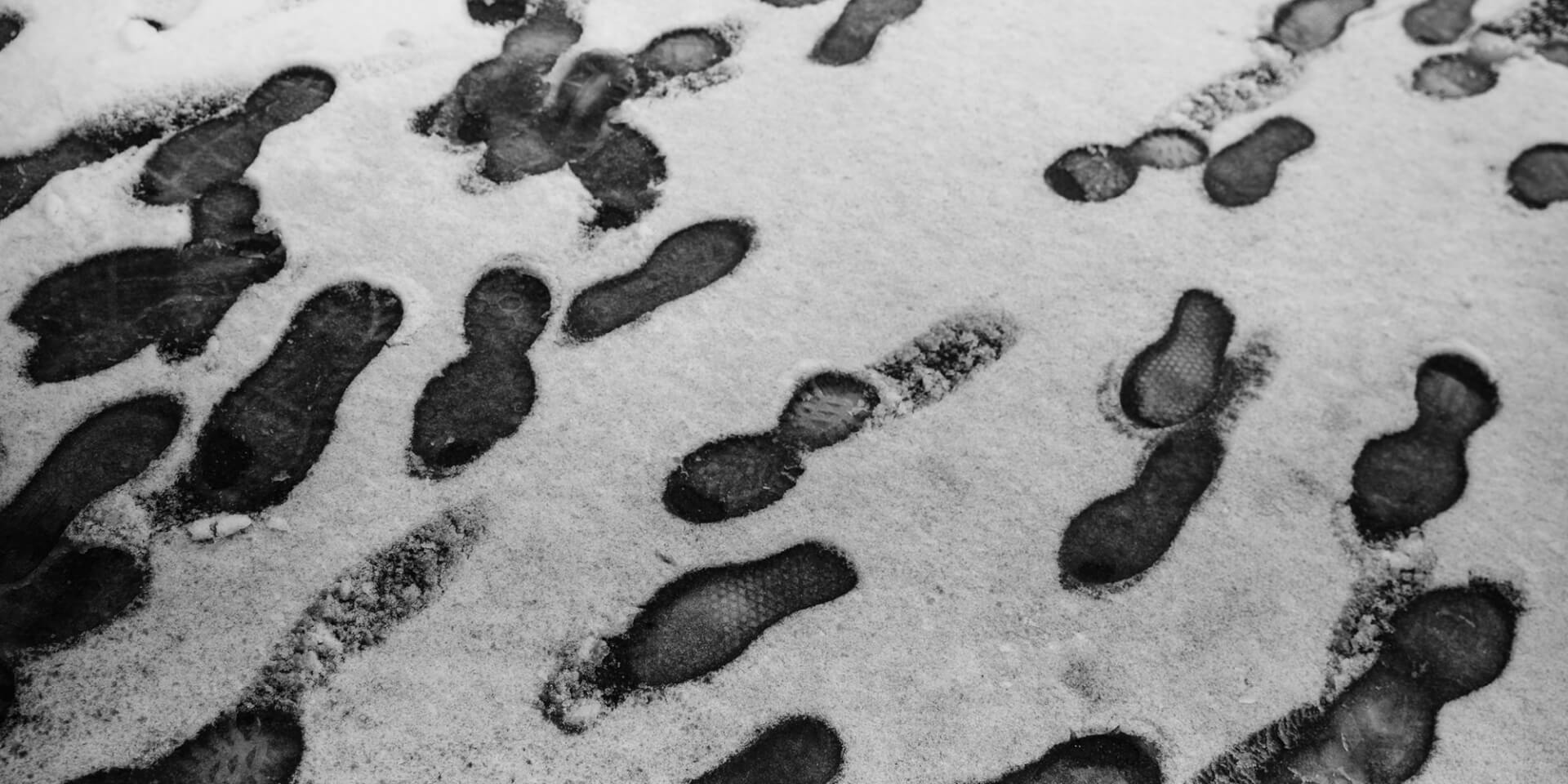
Every two seconds, an individual is forcibly displaced from their home by conflict or persecution according to the UN Refugee Agency (UNHCR). Standing at a staggering 82.4 million, the number of displaced people in the world is continuously growing, among them are many refugee and displaced scientists, though we do not know exactly how many. The global research community is profoundly affected by the loss of their expertise and the contributions to research that they were in the process of making.
On April 20th 2022 The World Academy of Sciences (UNESCO-TWAS), the InterAcademy Partnership (IAP) and the International Science Council (ISC) will launch the “Supporting at-risk, displaced and refugee scientists: A call to action” declaration, which outlines six key commitments to the immediate and long-term support and protection of scholars and scientists who are at-risk, displaced or refugees. The purpose is to raise awareness of the issues facing those affected and to build better support structures to ensure the retention of research and researchers.
The declaration and call to action represent a commitment to scientific enquiry and to the researchers who undertake it. It is a commitment to recognizing the dignity of colleagues and their professionalism. From tomorrow, interested organizations will be able to download the Declaration and register their support here. The Declaration will be open to signatures from universities, science academies, non-governmental organizations, governments, international organizations, diaspora groups and others.
The devastating humanitarian emergencies and disasters driving the forced displacement of scientists and scholars around the world are extensive. At a time when science is of paramount importance to human and environmental well-being, scientific freedom is under attack in many places.
Science is not an expendable luxury; it is required for the advancement of our societies. The fracture of national research systems has major consequences to the global research enterprise.
As explored in an article by Science in Exile Steering Committee member, Dr. S. Karly Kehoe, the recent crisis in Ukraine is adding yet more displaced researchers to the overall total number of people whose research has been severely disrupted or stopped because of war. If the situation for Ukrainian scientists and researchers follows a similar trajectory to what those in Syria, Venezuela, Hungary, Ethiopia, Turkey and Iraq experienced, then we can expect tragic results. The need for international cooperation to coordinate sustained support for at-risk, displaced and refugee scientists is urgent.
National and international scientific organizations and institutions need to build sustainable routes for the support and integration of displaced scientists. This includes recognizing qualifications, offering language training, facilitating access to higher education and top-up training in addition to fellowships, scholarships, professorships and other placements. Special attention must be paid to those who are particularly vulnerable – early-career researchers, women, disabled and LGBTQ scientists.
Academies of science, disciplinary unions and associations have a powerful role to play in advocating for change together with their members, academic institutions, scientific agencies, and governments to protect and support at-risk, displaced and refugee scientists. While NGOs, including Scholars at Risk, IIE Scholar Rescue Fund, the Council for At-Risk Academics, the Philipp Schwartz Initiative, PAUSE and Academy in Exile, offer information and guidelines for advocacy and support, grassroots initiatives also play an important role in mobilizing action and awareness. Science for Ukraine is one example of a group of volunteer students and research scientists coming together to create a database of information about support opportunities at the university, national and international level for graduate students and researchers directly affiliated to academic institutions in Ukraine.
In the 5 minutes that you’ve been reading this article, roughly 150 people have been displaced from their home. With the world currently observing the highest numbers of forcibly displaced people on record, there has never been a more pressing time to address the need for coherent international collaboration.
Image by Jason Leung via Unsplash